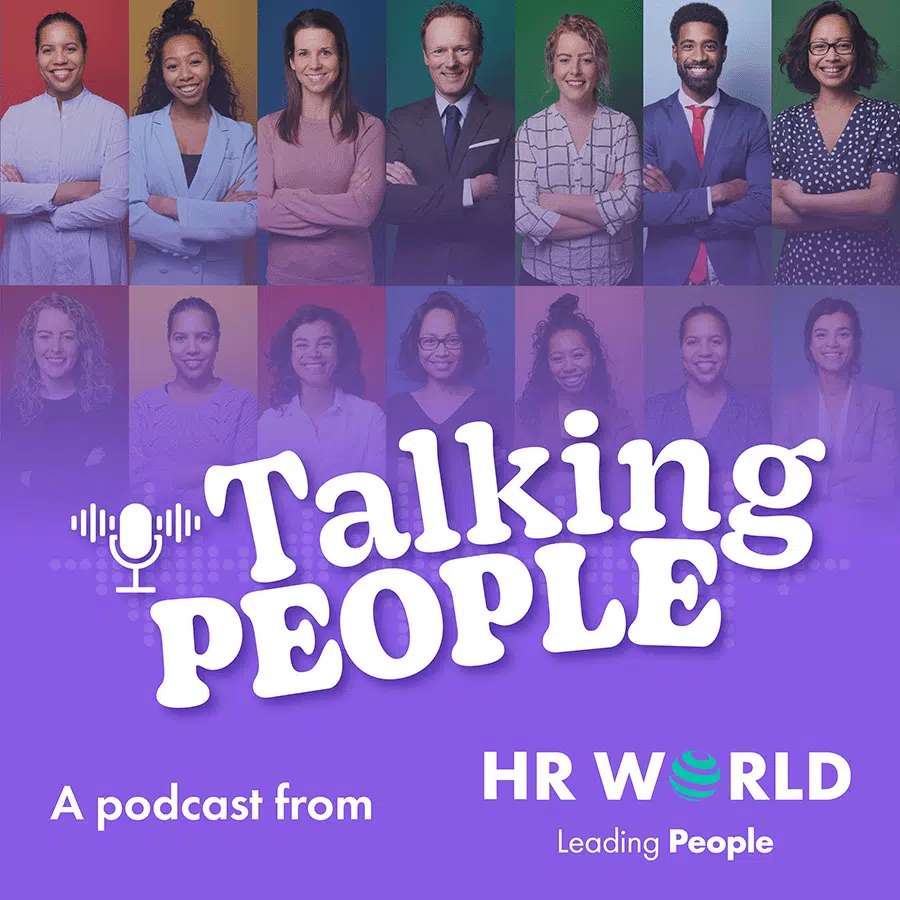Home » Knowledge Hub » Pay, Benefits and Taxation » CIPD: ‘The statutory sick pay system is broken and needs urgent reform’
CIPD: ‘The statutory sick pay system is broken and needs urgent reform’
14 December 2021 Pay, Benefits and Taxation

Almost two thirds (62%) of employers say the UK’s statutory sick pay (SSP) rate is too low and should be increased, according to CIPD research.
The current UK Statutory Sick Pay rate stands at £96.35 per week for up to 28 weeks, which is low when compared with other European countries.
The majority of SMEs, which would typically find it harder than larger employers to cover increased SSP costs, are supportive of a rate increase (57%).
Of the UK’s 32.5 million-strong workforce, 5.6 million people (17.2%) do not currently qualify for SSP.
This includes the self-employed and those who are unable to access SSP because they don’t meet the lower earnings limit.
An employee must have average weekly earnings of at least £120 a week to qualify, meaning many of the country’s lowest-paid and most vulnerable workers are excluded from accessing SSP.
The CIPD urges major reform of statutory sick pay, including a major rise in the rate and changes to widen eligibility
Rachel Suff, senior employment relations adviser at the CIPD, said:
The UK’s SSP system has been broken for a long time and the pandemic has only highlighted its failure to protect the lowest paid and most vulnerable members of our society. However, despite a number of government consultations proposing reforms to SSP, there are currently no real plans to improve the system.
“SSP deficiencies can have a devastating impact on people’s health and wellbeing, including financial distress. With an ageing workforce and skills shortages, it’s even more important that we have an effective SSP system to help employers attract and retain a diverse workforce.
“Not only does SSP need to provide an effective financial safety net for those unable to work when sick, it needs to better reflect today’s labour market.
“As well as immediate reform to remove the lower earnings limit, government should consult on how the system could cover those in atypical work including the self-employed.
“We also need to more flexibility so that it’s easier for people to have a phased and sustainable return to work. This will bolster their chances of an effective full-time return in the long-term.”




































